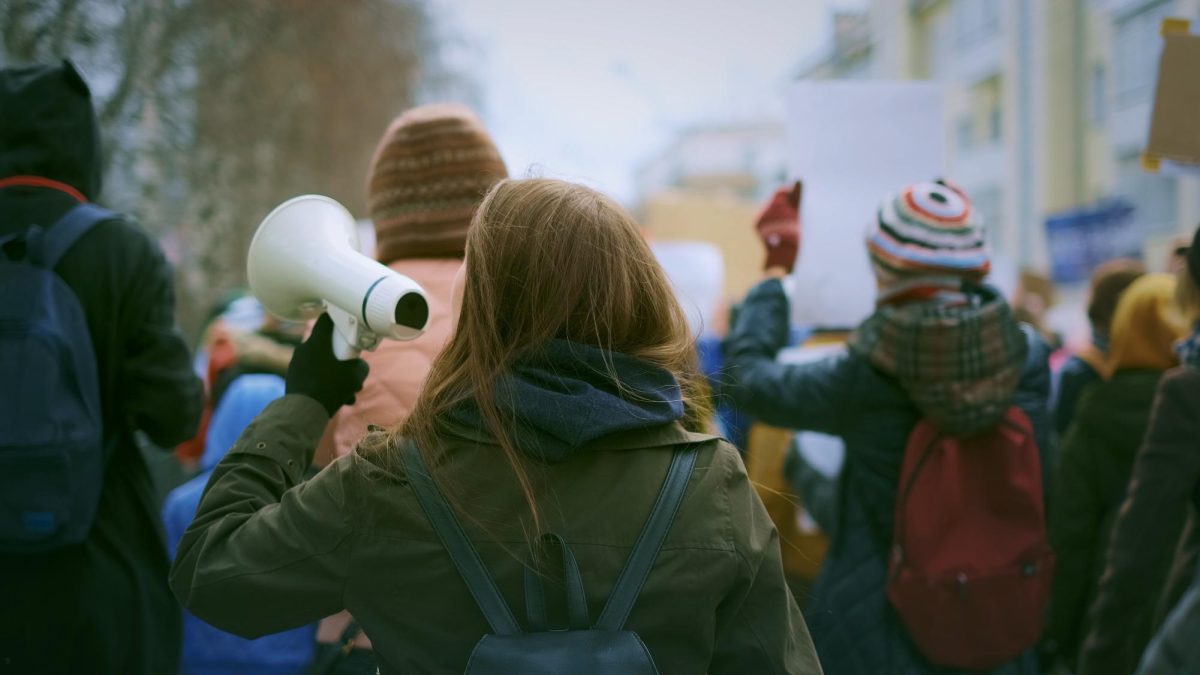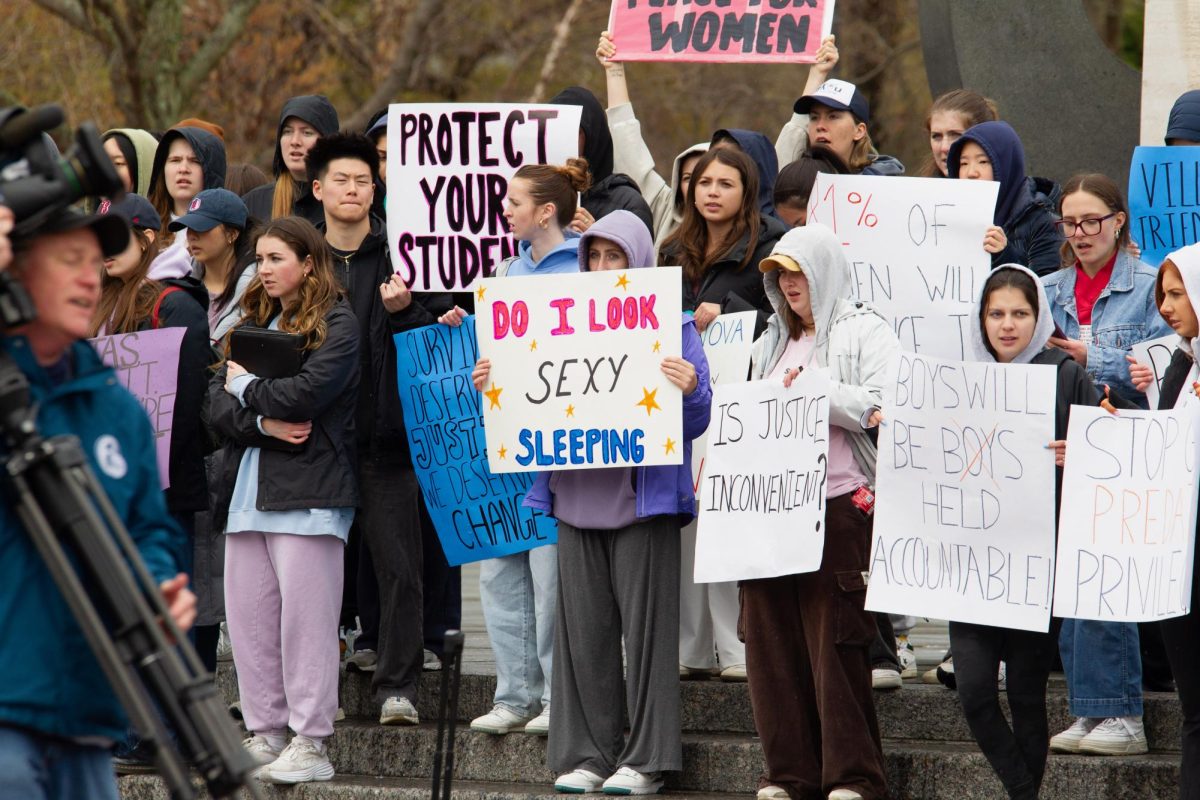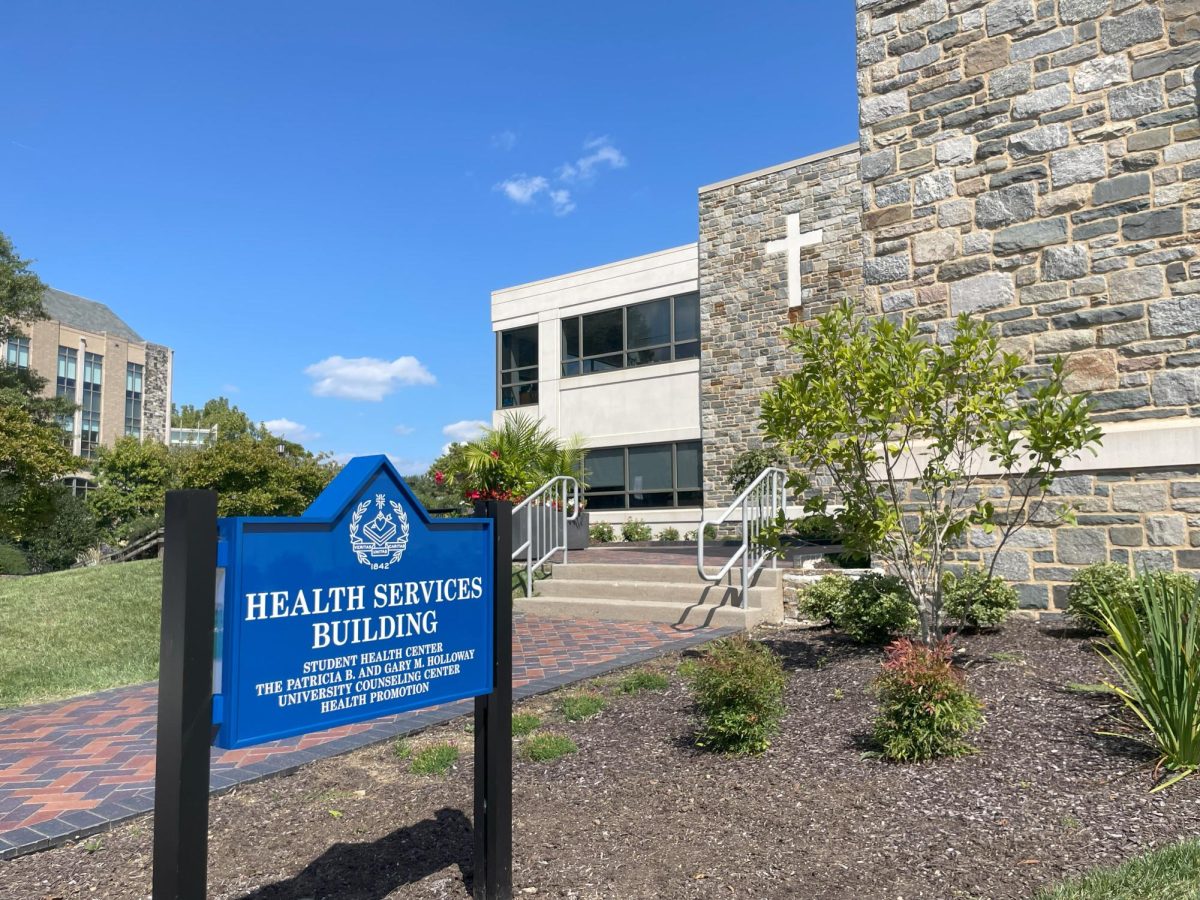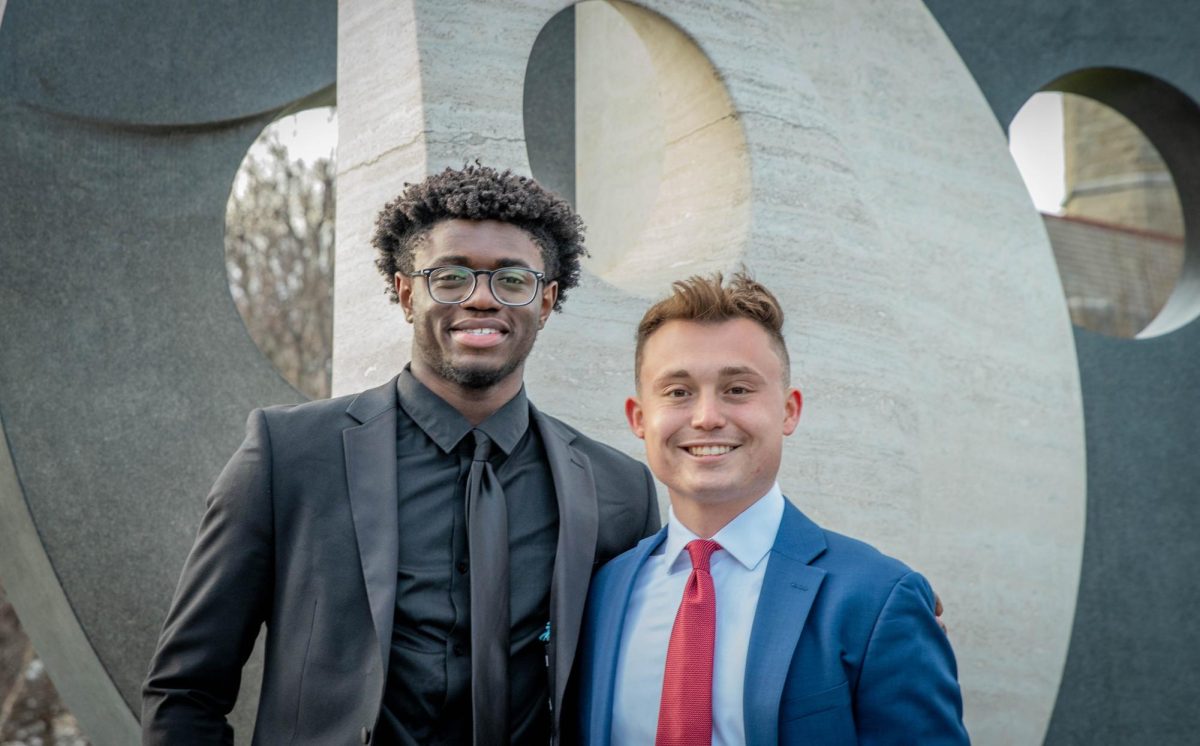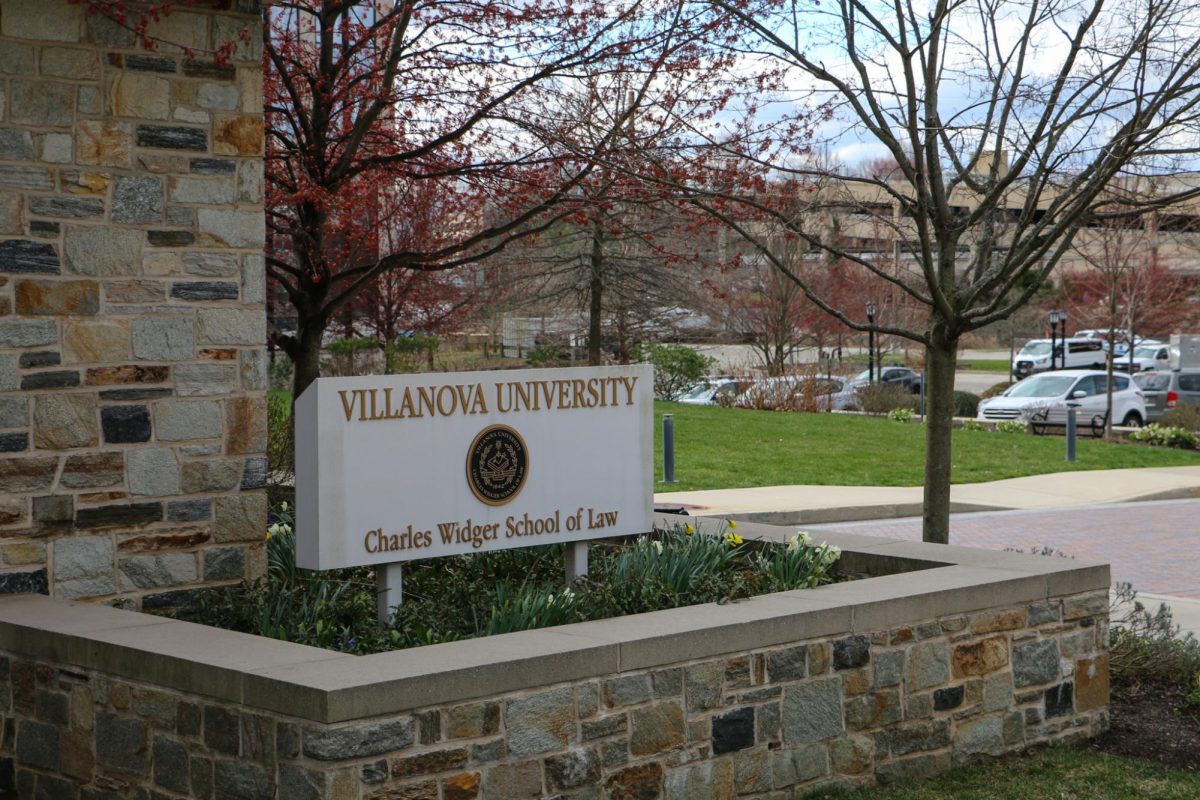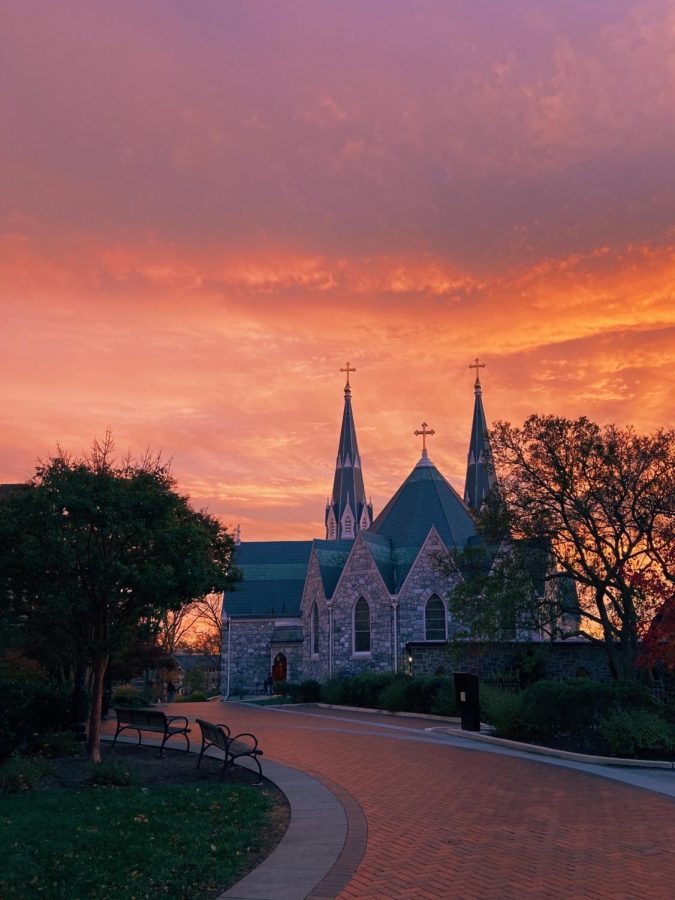On Sept. 5 in Garey Hall, A roundtable talk event in lieu of social protests was hosted. This event focused on the recent social movements, which have impacted various communities.
As Villanova University and its individual departments support diversity, equity and inclusion, the co-sponsorship by the Department of Irish Studies, Department of Arabic and Islamic studies and other departments is vastly appreciated and recognized.
The roundtable talk addressed the prompt matter consisting of protests within societies around the globe. The talk began with recognizing the recent conflict within Palestine and Israel, which has been ongoing since October 7, 2023, as well as the pressing war within Sudan, LGBTQ+ rights, environmental prospects, along with multiple other conflicts that pushed the need for protests.
“What’s critical is our movements for peace,” Professor Cera Murtagh said during the round table talk.
Peace was a central line throughout the table talk as various guest speakers touched on the topic in some form, be it a personal story, view or knowledgeable insight. Within societies, social action is taken by victims and allies to create movement. There is often a generalization that victims of various oppressions are often less likely to be involved in peaceful movements. However, they are often at the forefront of the fight.
These social movements lead to pressure on powerful people in society to act. People in power’s action will speed up the resolution for change.
College students are often credited as being leaders of these movements.Examples include the student protest for Palestine at Villanova, a student-led protest at the University of Alberta, which harbored an encampment and later shut down by the university, and the student protests held at Columbia University.
The guest speakers were from different societies, with different disparities that had an impact on their individual country, such as environmental divisions of Bosnia, severed societies of Lebanon and Northern Ireland and encampments impacting the Swedish institutions.
The table talk expressed the importance of persevering through obstacles, people in power and social movements all together.
Social movements bring people together to fight for a cause, but it brings cultures together. People are able to learn about each other and their backgrounds through a unified fight for social difference.
The prominent engagement within social movements leaves society hopeful for change. However social movements may not cause proper commotion unless generations before Gen Z start to participate.
To understand the need for social change, one has to gain knowledge outside of what the media shows them.
“I feel inspired about the potential of young people, especially on campuses, in our societies,” Villanova freshman Luna Berger said. “We have the power to promote change”
Being a student in the audience was impactful, thanks to insightful educators and professionals from different parts of the world. Hearing their experiences through personal aspects or knowledge they harbor on the widening need for social change and for social movements all together was impactful.
“I learned about the importance of social movements in our society as we, the individuals, have the power to instill change in numerous ways,” freshman Faedra Louis said. “Also, the intersectionality that social movements possess promotes diversity which is [a] factor that brings different people together for a good cause.”

